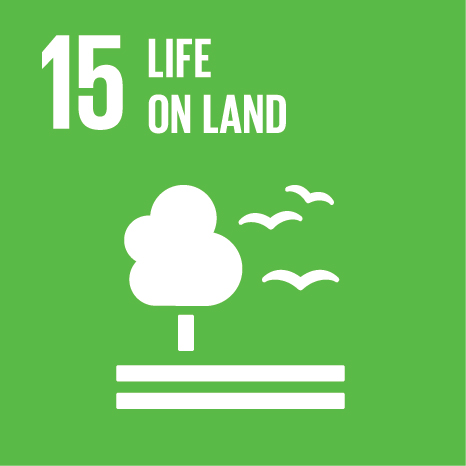Ciência_Iscte
Publications
Publication Detailed Description
Proceedings of the 55th ISOCARP World Planning Congress 2019
Year (definitive publication)
2019
Language
English
Country
Indonesia
More Information
Web of Science®
Scopus
This publication is not indexed in Scopus
Google Scholar
This publication is not indexed in Overton
Abstract
Humanity is now believed to live in a new geological epoch, the Anthropocene, as changes have been reported on the atmosphere, air, water, and soil, but also on societal perceptions of these issues. This presentation departs from the theoretical assumption that the impact of the abovementioned changes on culture and the environment have not yet found a stable influence on urban planning. This presentation overviews the implications of the food system within urban planning while considering it as a socio-technical system which integrates production, distribution, transformation, consumption and disposal patterns. The production phase of the food system in particular, emerges as a fundamental planning challenge, extending to urban form solutions, individual behaviours, dietary regimes, inequalities in foodsheds planning, and the cultural capital of food. Accordingly, the food system emerges here as an opportunity to identify how current urban fabrics of cities and their rural and regional hinterlands can be transformed in terms of their metabolic function and respond to the needs of people and the environment. To do so, this presentation introduces the preliminary results of an analysis conducted by an ongoing research project SPLACH – Spatial Planning for Change, at two particular scales: the region and the neighbourhood. Thus, while focusing in the Lisbon Metropolitan Area (LMA), in Portugal, we provide an analysis of the Regional Plan as well as of specific residential neighbourhoods located in LMA, regarding the relationship between the food system functioning and urban planning approaches. The analysis includes a comparative number of case studies which differ in urban form solutions, socio-economic conditions, but also geographical location. The results support the request for a stronger integration of the above-identified underexplored topics of the food system within urban planning, which will be fundamental to inform a new theory of the city that makes any serious contribution towards a sustainability transition.
Acknowledgements
--
Keywords
Urban planning,Urban agriculture,Sustainability transition,Region,Neighbourhood
Fields of Science and Technology Classification
- Other Natural Sciences - Natural Sciences
- Other Engineering and Technology Sciences - Engineering and Technology
- Arts (arts, history of arts, performing arts, music) - Humanities
- Other Humanities - Humanities
Funding Records
| Funding Reference | Funding Entity |
|---|---|
| POCI-01-0145-FEDER-016431 | Comissão Europeia |
| UID/SOC/03127/2013 | Fundação para a Ciência e a Tecnologia |
Contributions to the Sustainable Development Goals of the United Nations
With the objective to increase the research activity directed towards the achievement of the United Nations 2030 Sustainable Development Goals, the possibility of associating scientific publications with the Sustainable Development Goals is now available in Ciência_Iscte. These are the Sustainable Development Goals identified by the author(s) for this publication. For more detailed information on the Sustainable Development Goals, click here.

 Português
Português




